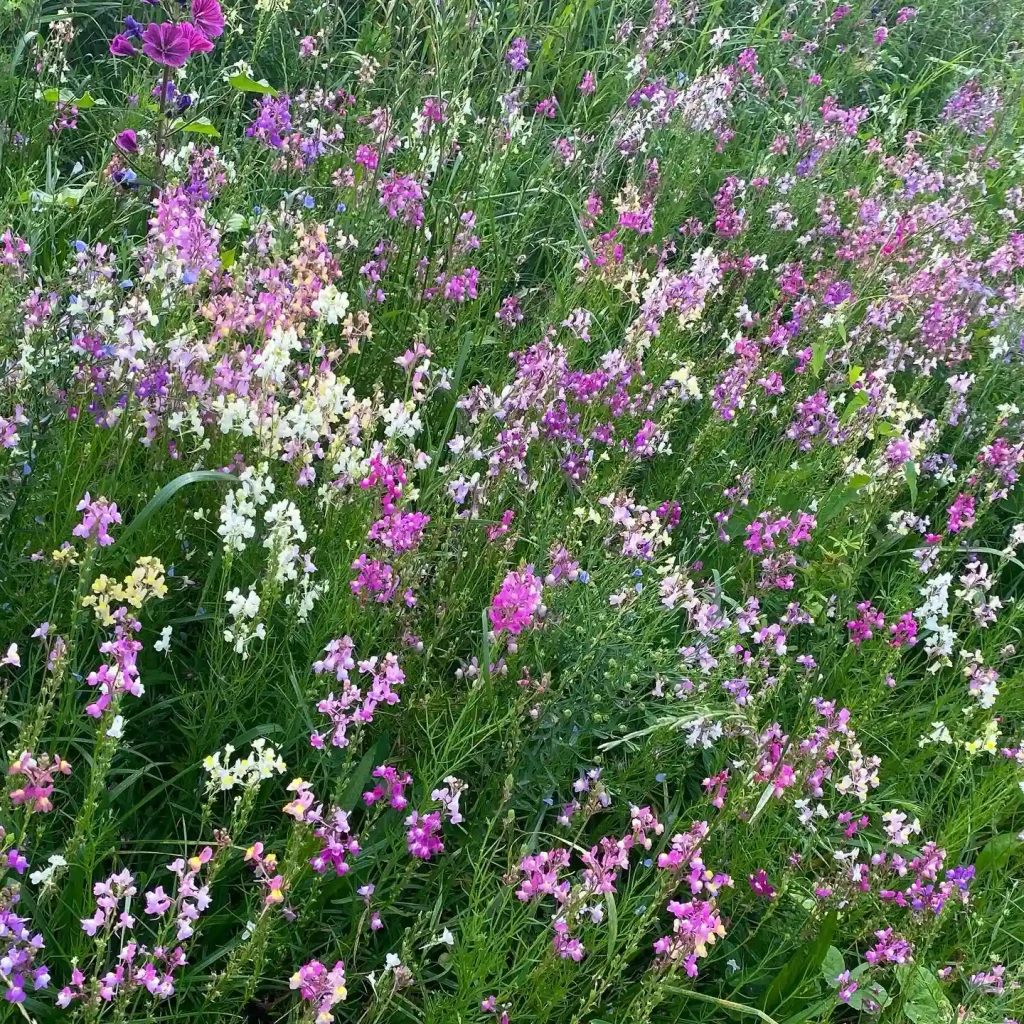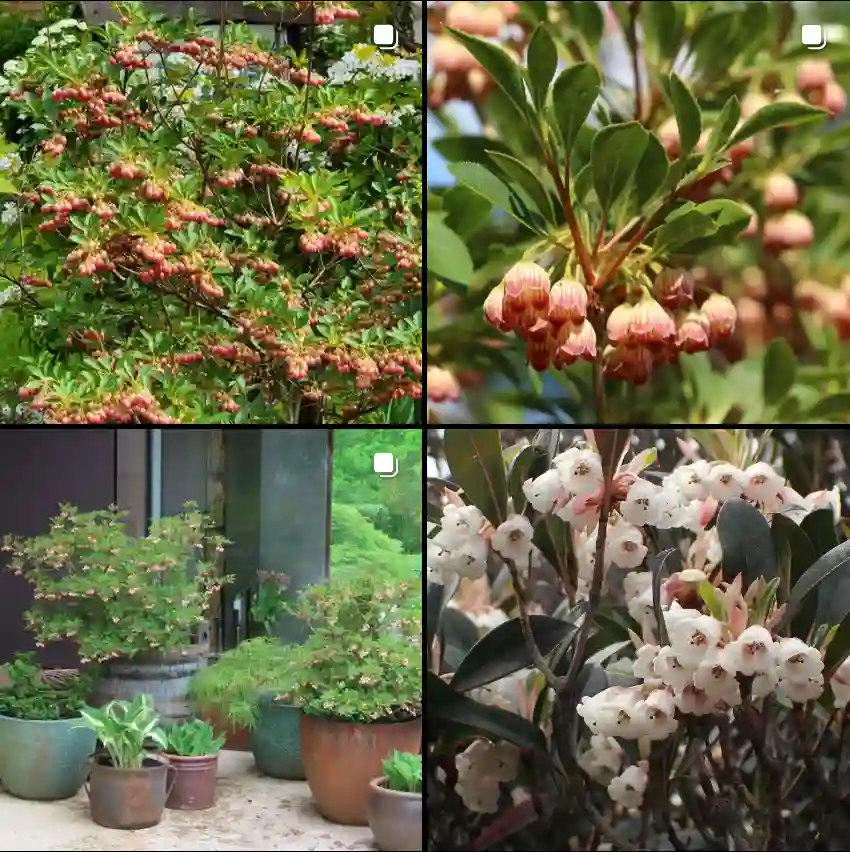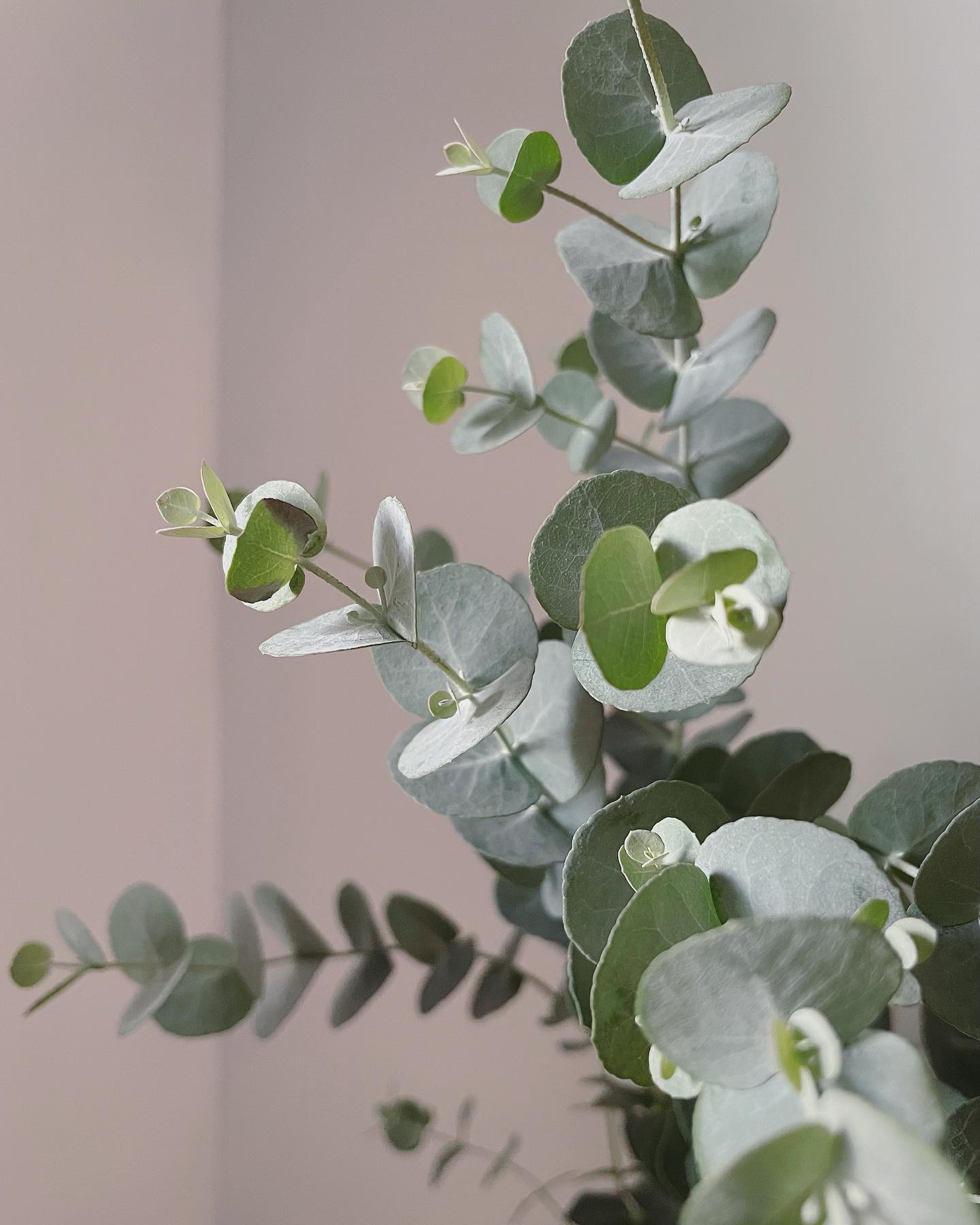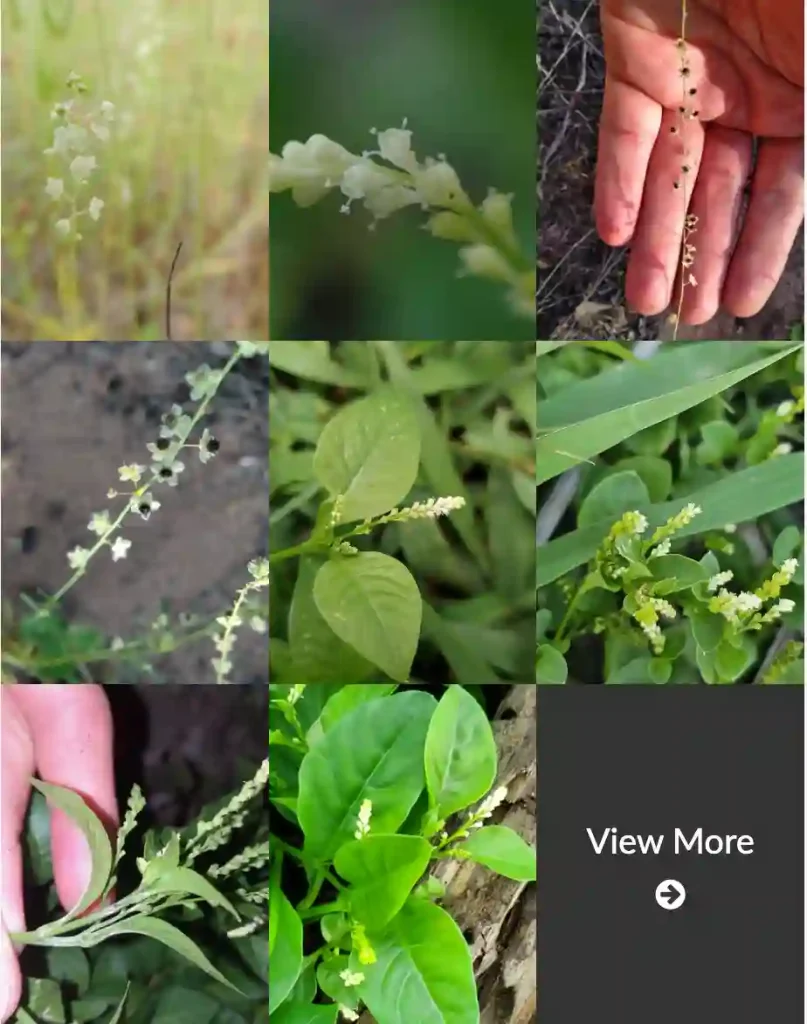The Enchanting World of Boronia: A Personal Exploration
Imagine strolling through a sun-drenched Australian bushland, the air filled with the sweet and spicy aroma of Boronia. This diverse genus of flowering plants, belonging to the citrus family Rutaceae, captivates with its delicate beauty and intoxicating scents. As an enthusiast of the natural world, I’m fascinated by the sheer variety and adaptability of Boronia, a genus that boasts over 130 unique species.
A Diverse and Adaptable Genus
Boronia species, primarily endemic to Australia, display a remarkable array of forms, from small shrubs to trees. Their leaves, often arranged in opposite pairs, can be simple or compound, showcasing nature’s artistry in every detail. The flowers, typically small and star-shaped, come in a spectrum of colors, including pink, white, yellow, and the iconic brown of the Boronia megastigma.
This diversity extends beyond appearance. Boronia thrives in a variety of habitats, from coastal regions to alpine areas, demonstrating a resilience that I find truly inspiring. Some species, like the Boronia crenulata, have adapted to nutrient-poor soils, while others, such as the Boronia heterophylla, flourish in moist, shaded environments. This adaptability is a testament to the evolutionary success of this remarkable genus.
A Sensory Delight
One cannot discuss Boronia without mentioning its exquisite fragrance. The essential oils produced by many species are highly prized in the perfume industry. The Boronia megastigma, with its intense brown flowers and sweet, spicy scent, is a prime example. Its essential oil is used in high-end perfumes, adding a touch of luxury and complexity.
But the sensory experience of Boronia extends beyond smell. The delicate petals, often in vibrant hues, are a feast for the eyes. And for those who dare to taste, some species offer a unique culinary experience. The leaves of Boronia citriodora, with their citrusy aroma, can be used to flavor dishes or brewed into a refreshing tea.
A Celebration of Diversity: Boronia Species
The vast world of Boronia encompasses a stunning array of species, each with its own unique characteristics. Here are:
- Boronia adamsiana F.Muell.
- Boronia affinis R.Br. ex Benth.
- Boronia alata Sm.
- Boronia albiflora R.Br. ex Benth.
- Boronia algida F.Muell.
- Boronia alulata Sol. ex Benth.
- Boronia amabilis S.T.Blake
- Boronia amplectens Duretto
- Boronia anceps Paul G.Wilson
- Boronia angustisepala Duretto
- Boronia anomala Duretto
- Boronia barkeriana F.Muell.
- Boronia barrettiorum Duretto
- Boronia beeronensis Duretto
- Boronia bella Duretto
- Boronia boliviensis J.B.Williams & J.T.Hunter
- Boronia bowmanii F.Muell.
- Boronia capitata Benth.
- Boronia chartacea P.H.Weston
- Boronia citrata N.G.Walsh
- Boronia citriodora Gunn ex Hook.f.
- Boronia clavata Paul G.Wilson
- Boronia coriacea Paul G.Wilson
- Boronia corynophylla Paul G.Wilson
- Boronia crassifolia Bartl.
- Boronia crassipes Bartl.
- Boronia cremnophila R.L.Barrett, M.D.Barrett & Duretto
- Boronia crenulata Sm.
- Boronia cymosa Endl.
- Boronia deanei Maiden & Betche
- Boronia decumbens Duretto
- Boronia denticulata Sm.
- Boronia dichotoma Lindl.
- Boronia duiganiae Duretto
- Boronia edwardsii Benth.
- Boronia elisabethiae Duretto
- Boronia eriantha Lindl.
- Boronia ericifolia Benth.
- Boronia excelsa Duretto
- Boronia exilis Paul G.Wilson
- Boronia falcifolia A.Cunn. ex Endl.
- Boronia fastigiata Bartl.
- Boronia filicifolia A.Cunn. ex Benth.
- Boronia filifolia F.Muell.
- Boronia floribunda Sieber ex Rchb.
- Boronia foetida Duretto
- Boronia forsteri Duretto
- Boronia fraseri Hook.
- Boronia galbraithiae Albr.
- Boronia glabra (Maiden & Betche) Cheel
- Boronia gracilipes F.Muell.
- Boronia grandisepala F.Muell.
- Boronia granitica Maiden & Betche
- Boronia gravicocca Duretto
- Boronia grimshawii Duretto
- Boronia gunnii Hook.f.
- Boronia hapalophylla Duretto, F.J.Edwards & P.G.Edwards
- Boronia hartleyi Duretto & Bayly
- Boronia hemichiton Duretto
- Boronia heterophylla F.Muell.
- Boronia hippopalus Duretto
- Boronia hoipolloi Duretto
- Boronia humifusa Paul G.Wilson
- Boronia imlayensis Duretto
- Boronia inornata Turcz.
- Boronia interrex R.L.Barrett, M.D.Barrett & Duretto
- Boronia jensziae Duretto
- Boronia jucunda Duretto
- Boronia juncea Bartl.
- Boronia kalumburuensis Duretto
- Boronia keysii Domin
- Boronia koniambiensis Däniker
- Boronia lanceolata F.Muell.
- Boronia lanuginosa Endl.
- Boronia latipinna J.H.Willis
- Boronia laxa Duretto
- Boronia ledifolia (Vent.) DC.
- Boronia marcoana R.L.Barrett & M.D.Barrett
- Boronia megastigma Nees ex Bartlett
- Boronia microphylla Sieber ex Rchb.
- Boronia minutipinna Duretto
- Boronia mollis A.Cunn. ex Lindl.
- Boronia molloyae J.R.Drumm.
- Boronia muelleri (Benth.) Cheel
- Boronia nematophylla F.Muell.
- Boronia obovata C.T.White
- Boronia octandra Paul G.Wilson
- Boronia odorata Duretto
- Boronia oxyantha Turcz.
- Boronia palasepala Duretto
- Boronia pancheri (Baill.) Duretto & Bayly
- Boronia parviflora Sm.
- Boronia parvifolia (Baker f.) Duretto & Bayly
- Boronia pauciflora W.Fitzg.
- Boronia pilosa Labill.
- Boronia pinnata Sm.
- Boronia prolixa Duretto
- Boronia pulchella Turcz.
- Boronia purdieana Diels
- Boronia quadrilata Duretto
- Boronia quinkanensis Duretto
- Boronia repanda (F.Muell. ex Maiden & Betche) Maiden & Betche
- Boronia revoluta Paul G.Wilson
- Boronia rhomboidea Hook.
- Boronia rivularis C.T.White
- Boronia rosmarinifolia A.Cunn. ex Endl.
- Boronia rozefeldsii Duretto
- Boronia rubiginosa A.Cunn. ex Endl.
- Boronia rupicola Duretto
- Boronia ruppii Cheel
- Boronia safrolifera Cheel
- Boronia scabra Lindl.
- Boronia serrulata Sm.
- Boronia spathulata Lindl.
- Boronia splendida Duretto
- Boronia squamipetala Duretto
- Boronia stricta Bartl.
- Boronia suberosa Duretto
- Boronia subulifolia Cheel
- Boronia ternata Endl.
- Boronia tetragona Paul G.Wilson
- Boronia tetrandra Labill.
- Boronia thedae R.L.Barrett, M.D.Barrett & Duretto
- Boronia thujona Penfold & M.B.Welch
- Boronia tolerans Duretto
- Boronia umbellata P.H.Weston
- Boronia verecunda Duretto
- Boronia virgata Paul G.Wilson
- Boronia viridiflora Duretto
- Boronia warrumbunglensis P.H.Weston
- Boronia whitei Cheel
- Boronia wilsonii (F.Muell. ex Benth.) Duretto
- Boronia xanthastrum Duretto
- Boronia zeteticorum Duretto
Boronia in the Modern World
Beyond its aesthetic and aromatic appeal, Boronia plays a significant role in various industries. The essential oils extracted from certain species are used in perfumes, cosmetics, and aromatherapy. The cut flower industry also values Boronia for its unique beauty and long vase life.
However, the increasing demand for Boronia products has raised concerns about sustainability. Habitat loss and over-harvesting threaten some species, highlighting the need for responsible cultivation and conservation efforts.
A Personal Reflection
As I delve deeper into the world of Boronia, I’m struck by its ability to connect us with nature. Its beauty and fragrance evoke a sense of wonder and tranquility, reminding us of the intricate and delicate balance of the natural world.
Whether it’s the iconic brown flowers of Boronia megastigma or the delicate pink blooms of Boronia heterophylla, each species holds a unique charm. This diversity, coupled with the genus’s adaptability and economic importance, makes Boronia a truly fascinating subject of study.
In a world that often feels chaotic and disconnected, Boronia offers a moment of peace and a reminder of the beauty that surrounds us. It’s a symbol of resilience, diversity, and the enduring power of nature.
If i die, water my plants!



